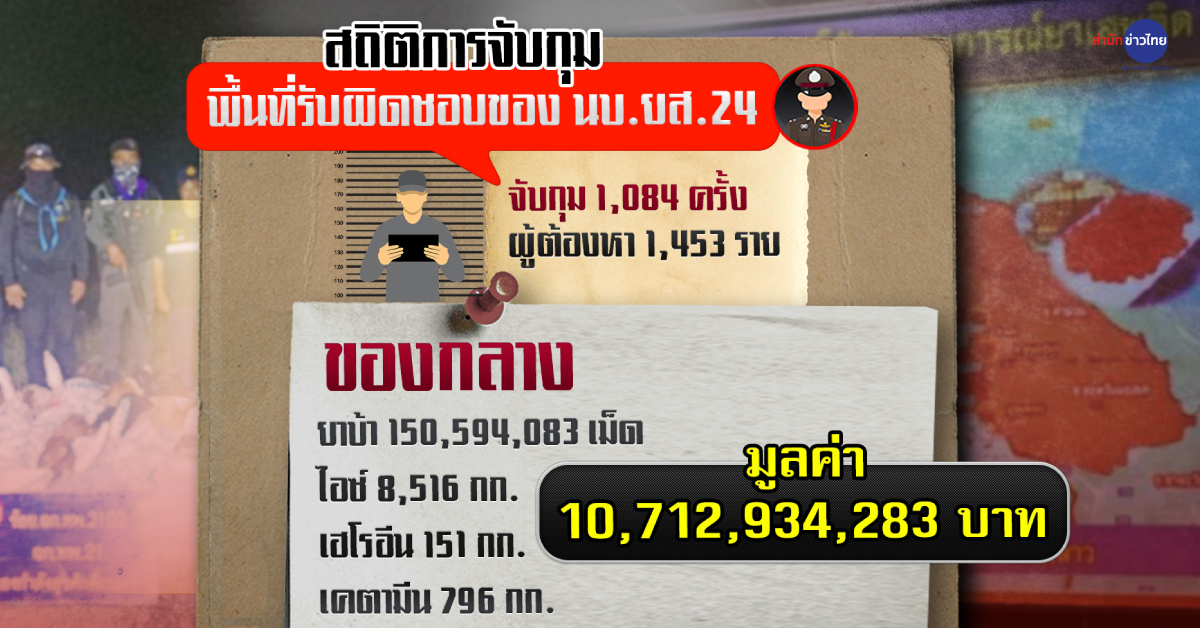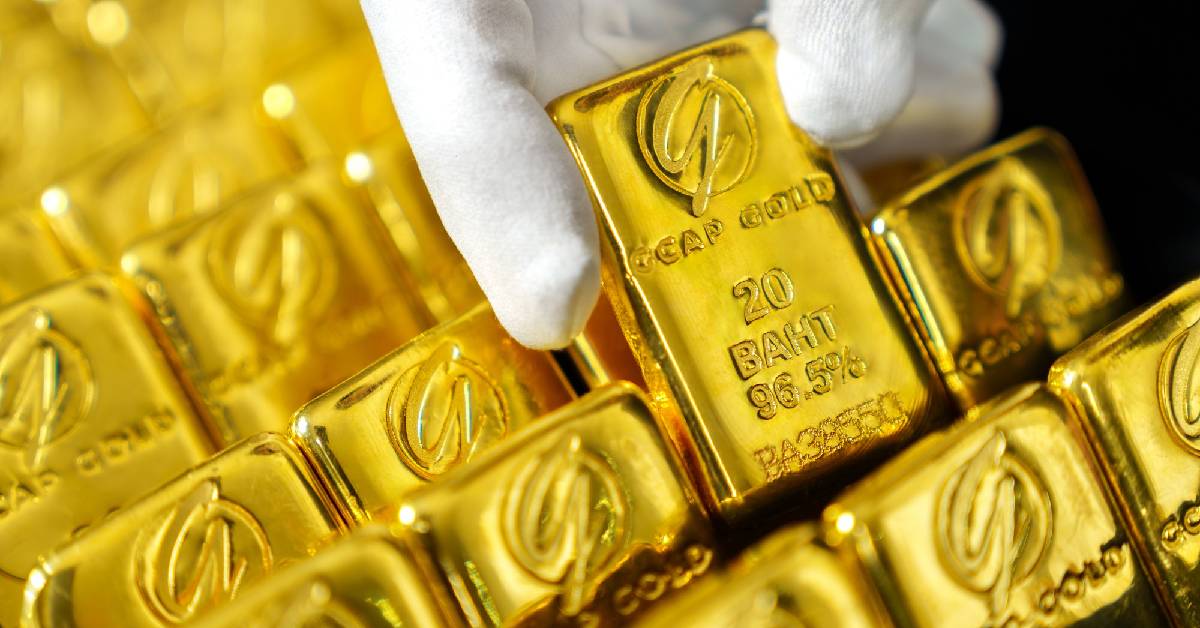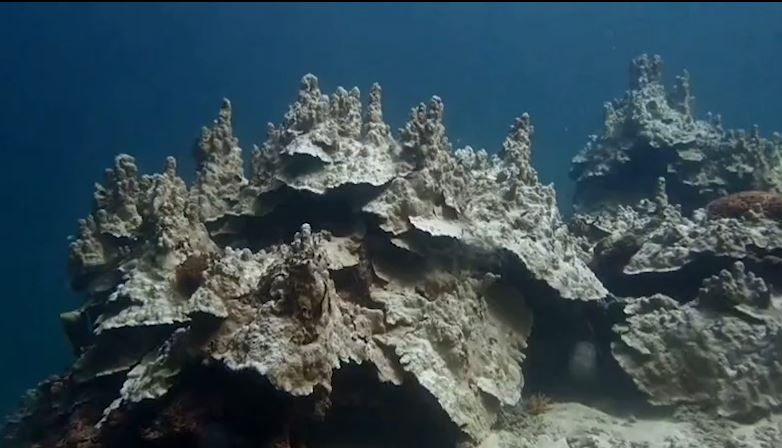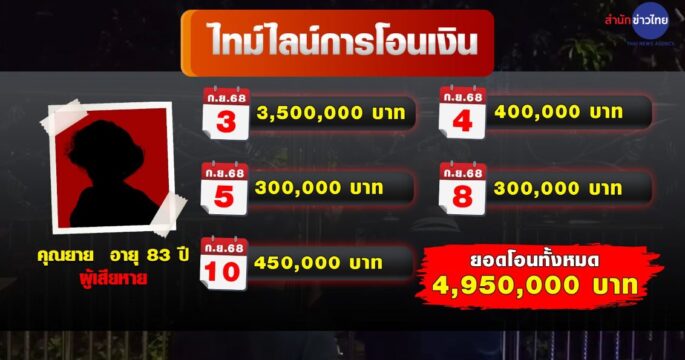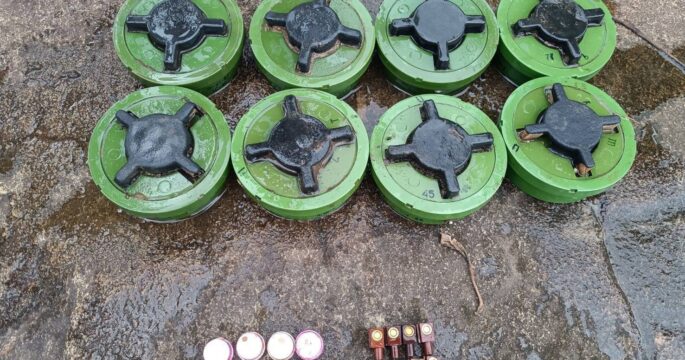KRABI, May 9 (TNA) – Coral bleaching has been found in the Mu Ko Lanta marine national park during a recent survey by park officials.
Officials dove down to assess coral bleaching and collect marine debris.
A survey around Rok Island, 10-15% of the corals at a depth of 1-5 meters were found to be bleached. Hump corals were the most severely bleached. Other marine life, such as giant clams and sea anemones, were also found to be bleached.
In the Ha Islands, at a depth of 1-5 meters, 5% of the corals were found to be bleached. Staghorn corals were also the most severely bleached.
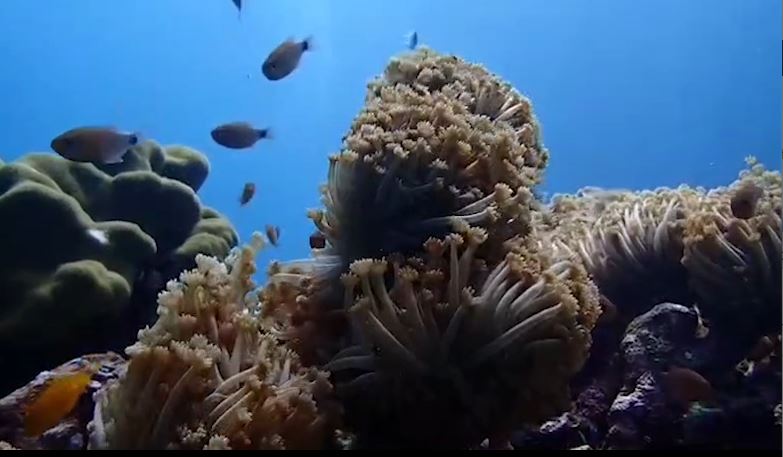
Similarly, at depths of 1-5 meters around Ha Island, officials found that 5% of the corals were bleached. Hump corals were also the most severely affected there. The water temperature at both sites was 31 degrees Celsius.
Dr. Thon Thamrongnawasawat, a marine and environmental scientist and lecturer in the Department of Marine Science at Kasetsart University, who has been monitoring the coral bleaching situation, said that coral bleaching can occur very quickly, sometimes in as little as two days, depending on the type of coral and other factors such as water temperature.
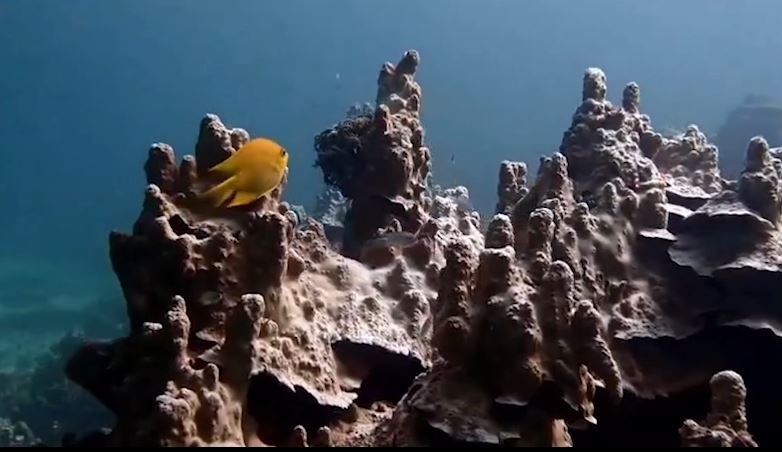
Warmer water can accelerate bleaching. May is a particularly critical month for coral bleaching. In addition to Koh Lanta, there have been reports of coral bleaching on Koh Phi Phi as well. He urged all sectors to work together to monitor and protect coral reefs.
Coral bleaching is a phenomenon in which corals expel the symbiotic algae that live in their tissues, causing them to turn white.
Bleaching can be caused by a variety of factors, including increased water temperature, pollution, and sedimentation. Bleached corals are more susceptible to disease and death. – 819 (TNA)
